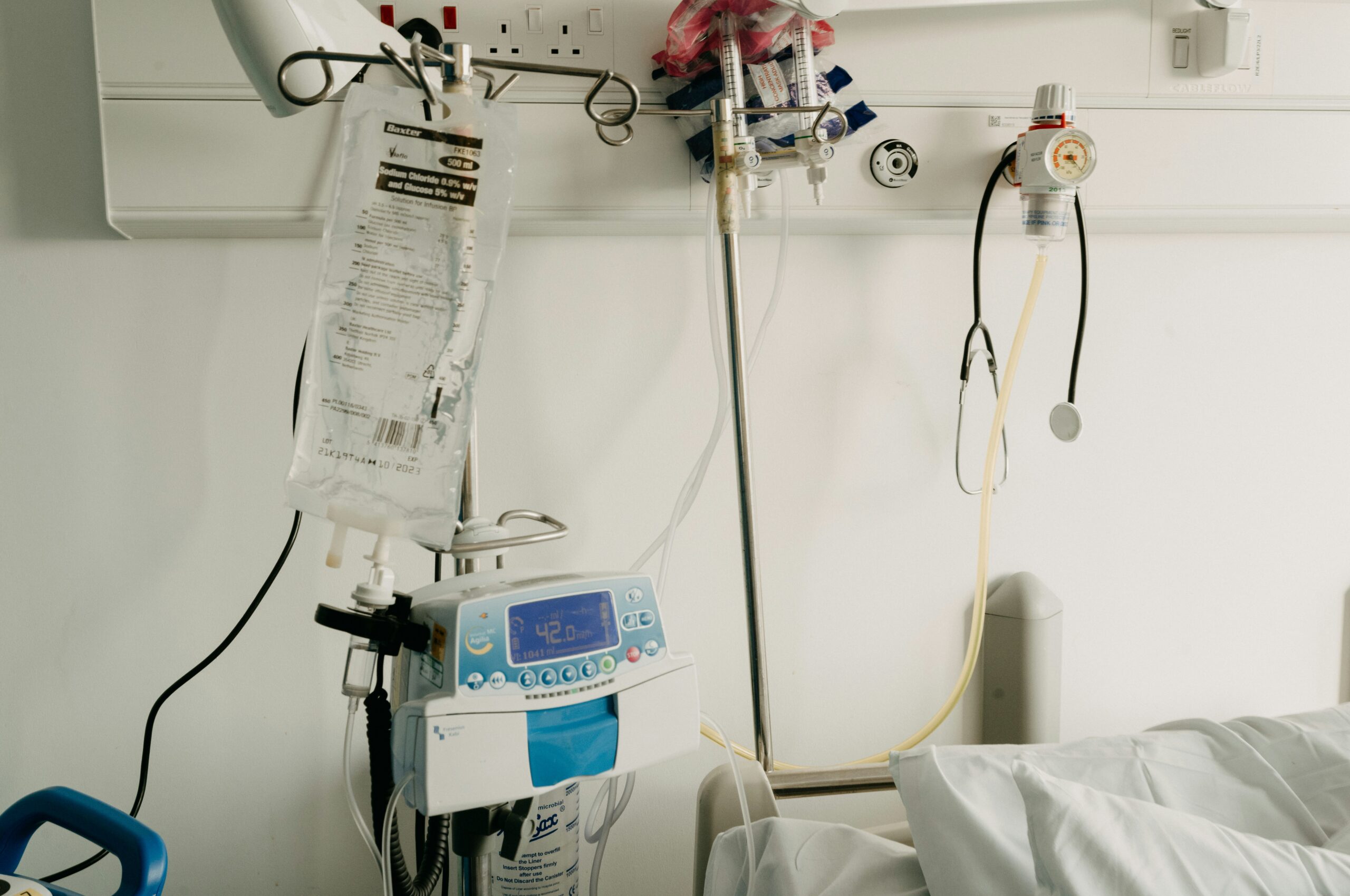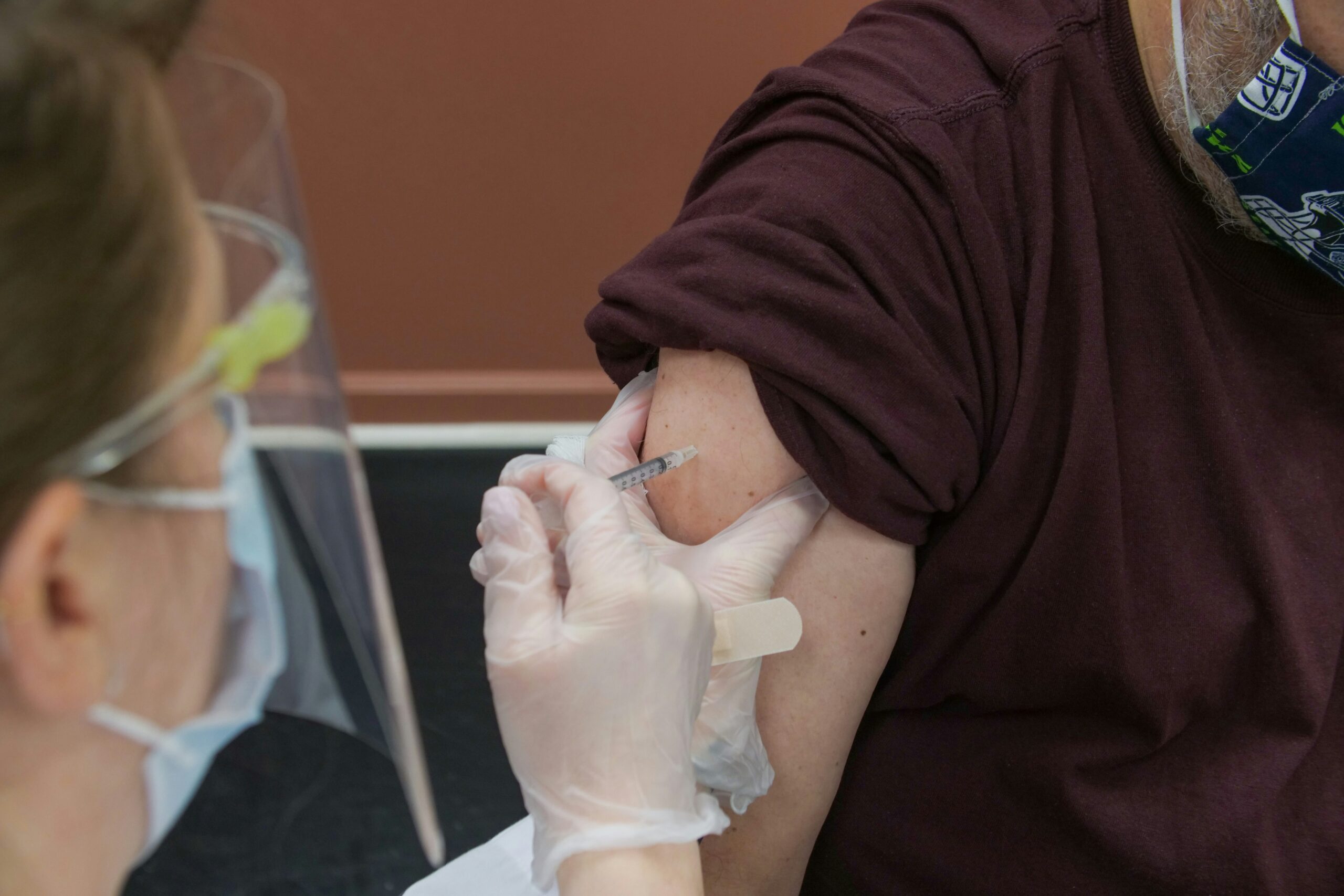This is a question that has likely come up if you are like so many Americans who have a job yet are dependent on drugs or alcohol. Almost 10 million people with substance abuse disorders hold down full-time jobs, according to the Substance Abuse and Mental Health Services Association. For many struggling with substance abuse problems, going to rehab can be a valuable asset to help them overcome their addiction. However, because many of these same individuals have to provide for their families, they fear that going to rehab could cost them their jobs.
Inpatient Vs. Outpatient – What To Know About Keeping Your Job
One of the biggest factors that will determine whether or not you’re able to work during rehab is whether you’re doing inpatient or outpatient rehabilitation.
Inpatient Rehabilitation and Work
Inpatient rehab for drug and alcohol addiction is when you live at a rehab facility for the duration of your rehabilitation. This means that you eat, sleep, and spend all your time at the facility in order to get the most comprehensive treatment possible. As such, you will have limited to no work opportunities while you’re in rehab since you shouldn’t leave the facility until you’re fully rehabilitated.
While you may be able to work remotely on a limited basis, for example we at Lakeview Health let certain people work limited hours after the detox period if they meet specific criteria, you won’t be able to go to work in person as it could lead to a relapse. It should be noted that people in need of medical detox will require a week to ten days of inpatient treatment.
Benefits of Inpatient Rehab
An inpatient facility, like Lakeview Health, can provide group and individual counseling sessions, along with behavioral therapy. Life skills training is also an essential aspect of your daily life inside of an inpatient rehab facility. This training will help you obtain the tools to achieve long-term success in abstaining from drugs and alcohol. During life skills training, you will learn more effective behaviors for dealing with life’s ups and downs, including coping with strong emotions, handling stress, managing your anger, and improving your communication skills. You will also have a case manager who will monitor you for substance use and may recommend further medical and mental health treatment if necessary. Your plan will address all aspects of treatment and recovery, so you can begin to look forward to the future right away.
However, just because you may not be actively working while in inpatient rehab doesn’t mean you will lose your job. There are several laws and acts in place that protects the employment of workers while they’re in rehab.
Family and Medical Leave Act (FMLA)
The Family and Medical Leave Act is a federal law that protects your job while you’re away for medical leave. Thanks to the FMLA, your boss may not be able to dismiss you if you are physically unable to show up for work due to an illness or because you’re getting treatment for a medical condition. Because substance abuse is considered a medical condition, your job may be protected under the FMLA.
However, the FMLA has limitations. According to the US Department of Labor, “FMLA leave may only be taken for substance abuse treatment provided by a healthcare provider or by a provider of health care services on referral by a health care provider.” As such, FMLA may only protect your job if you miss work because of rehabilitation treatments and not simply because you’re impaired due to drug or alcohol use.
The FMLA also can’t protect your job if your employer has a strict policy on substance abuse and you violate it. Whether that means a failed drug test or using drugs or alcohol at work, your boss is legally allowed to fire you, and there’s nothing the FMLA can do. To apply for FMLA and see if you qualify, visit the US Department of Labor for assistance.
Americans with Disabilities Act (ADA)
The Americans With Disabilities Act is another bulwark of protection for people who want to keep their jobs while in rehab. The ADA prevents employers from discriminating against employees with disabilities. Because substance abuse disorder and alcohol abuse disorder are both considered disabilities, people with this condition are protected by the ADA.
The ADA also ensures that employers can’t discriminate against you when you apply for future jobs following time in rehab. You may need to disclose that you took time off work to recover from an illness, but you don’t need to stipulate that it was because of substance or alcohol abuse disorder.
However, as with the FMLA, the ADA doesn’t prevent employers from firing you if you violate their policy related to illegal drugs or are actively using drugs or alcohol in the workplace.
Health Insurance Portability and Accountability Act (HIPAA)
Finally, HIPAA may also help protect your job while you’re in rehab. HIPAA was put into law in 1996 and is designed to protect your privacy when it comes to illnesses, healthcare, and treatment. In other words, if you are going to rehab for substance or alcohol abuse disorder, your healthcare provider may not be allowed to tell your employer.
There are, however, some exceptions to this rule, such as for people employed in safety-sensitive roles, including medical personnel, bus drivers, police officers, and others. In those instances, it’s important that your place of employment knows about your substance or alcohol abuse problem, as it could affect the safety of others.
However, if you actively violate your employer’s drug and alcohol policy, they are allowed to terminate your employment. HIPAA also won’t protect legal information regarding arrests related to drugs or alcohol, and your current and future employers will be privy to that information.
Is Inpatient Rehab the Better Option To Maintain Your Job?
Outpatient rehab works for countless people throughout the United States and globally. However, it is not always the right choice when dealing with an addiction. If you are physically addicted to drugs or alcohol, you need to enter medical detox first. This will allow you to purge the drugs and alcohol from your system in a safe and secure environment. During detox, a team of medical providers will help you stay comfortable while cleaning your system of drugs or alcohol. Outpatient rehab is also not the right choice if you have constant urges to continue using drugs or alcohol.
An inpatient facility is the better option in this case since you will be in a structured environment that removed from the temptations of the outside world. Speaking of those temptations, if you are surrounded by triggers that you have difficulty overcoming, consider starting with inpatient rehab and then moving onto outpatient rehab. You will learn how to deal with the triggers during inpatient rehab and continue with that work when you move into an outpatient setting. Also, intensive outpatient rehab is not a good choice if you have difficulty keeping appointments. It is critical that you show up to each scheduled appointment during outpatient rehab. If this is not something that works for you, start with inpatient rehab so the staff can help you through the entire process.
Finally, outpatient rehab might not be beneficial if you are easily distracted. You need to handle the work, life, and rehabilitation balance if you are attending outpatient rehab. Should the distractions be too much, consider checking into inpatient rehabilitation. These centers remove the distractions of daily life so you can focus solely on your recovery. Lakeview Health can answer any questions you have about what is the right treatment program for your specific addiction condition.
Outpatient Rehabilitation and Work
Patients who are in intensive outpatient programs visit the rehab center for at least three hours each day. These particular programs are highly structured to meet the needs of individuals who are suffering from various types and levels of addiction.
The process begins with an assessment wherein the staff determines what you need to succeed at the rehab center. The review includes an evaluation of your physical, mental and medical health conditions. During this process, it is crucial to identify any co-occurring disorders that require treatment as well. For instance, if you suffer from a mental health issue, we recommend being treated for this along with your addiction during your rehabilitation stay. Otherwise, it will be difficult for you to stop using alcohol or drugs long-term. After the evaluation, the appropriate rehab staff members will create a customized plan for your outpatient treatment.
The Step-Down Method
Many intensive outpatient rehab programs use a step-down method. That means your treatment will change as you progress. It will be intense at the beginning of the process, but as you move forward, you will feel the hold alcohol or drug addiction has over you begin to diminish. Your case manager will continuously evaluate your progress and lower the intensity as needed. This will help you prepare you to move on, utilizing the experience and knowledge learned to deal with triggers that would have led back to drugs or alcohol.
Benefits of Outpatient Rehab
Intensive outpatient rehab offers a variety of benefits that patients can find convenient. It’s essential to be aware of these benefits before selecting a program and rehab facility. Flexibility is one of the most significant benefits of an outpatient rehab center. You can attend rehab during the daytime or the evening, so it’s relatively easy to maintain your life outside of the treatment center. Additionally, you can continue to work, socialize with friends, and raise your family while seeking help for your addiction. Of course, it’s crucial that you do this in the safest way possible. Avoiding triggers while maintaining your life outside of the facility is paramount. Many individuals also appreciate the fact they can continue to get support from their close friends and family members while receiving assistance at the rehab center. Those who have positive relationships outside that help with the healing process may benefit from going to outpatient rehab. That way, they can continue to rely on their support network while receiving treatment.
People who do outpatient rehab will attend treatment sessions at a rehab facility, but will not live there. Because they can come and go from their rehab facility, they’re may be able to continue working full or part-time at their job. However, there are pros and cons when it comes to working during rehab.
At Lakeview Health, we offer and assist patients who achieve inpatient treatment at our facility to transition over to outpatient care so that they can immerge back into their lives with the support they need to continue recovery.
Seeking Outside Help During Outpatient Rehab
During your stay at an outpatient rehab center, your case manager might recommend that you also attend a 12-step program. This will help you build a community of like-minded individuals who can encourage you to stay on track when you aren’t at the rehab center. Even though you are only undergoing outpatient treatment, you need to be committed to sobriety 24 hours a day, seven days a week, and this program will help. Many experts recommend continuing with such programs even after transitioning out of rehab. For example, the aftercare program at Lakeview Health. It’s essential to maintain a reliable support system through every stage of recovery. Many patients rely on outside support groups for the rest of their lives.
Is It Beneficial to Work During Rehab?
While there are certain legal avenues and laws that protect your job while you’re in rehab, working while in rehab may not always be beneficial. Here are some of the pros and cons associated with working while in rehab:
Pros
Financial stability
If you have a family to provide for, you may not be able to afford to take time off for rehab, especially if your work doesn’t offer paid leave. Working while you’re in rehab will keep a paycheck coming in so that you can continue to provide for your family.
Pay for rehab
If insurance doesn’t pay for your rehab, the costs can add up quickly. In addition to helping you provide for your family, continuing to work can pay for part or all of your rehabilitiation.
Privacy protection
Finally, your coworkers and boss are less likely to know that you have a substance or alcohol abuse problem if you continue working during rehab. They may know that you’re getting treatment for an illness, but they may not piece together that it’s for an addiction if you continue performing your everyday duties.
Cons
The biggest disadvantage to working while in rehab is that it could take time away from your recovery. Rehabilitation often requires all of your time, focus, and concentration, and trying to work can take away from those. Therefore, it’s important that rehabilitation is your primary focus and that you don’t let work distract you from your recovery.
Choosing the Right Program
Intensive outpatient rehab is an excellent choice for those who want to continue working while going to rehab. Keep in mind that this program is not for everyone, so proper evaluation is needed. Go through the evaluation process, and if you are a good candidate for outpatient rehab, you can begin the process. You will learn new tools each day and receive the support necessary to fight back against your addiction. If you have questions or are ready to take the first step with your recovery, give Lakeview Health a call today at 866.704.7692.




